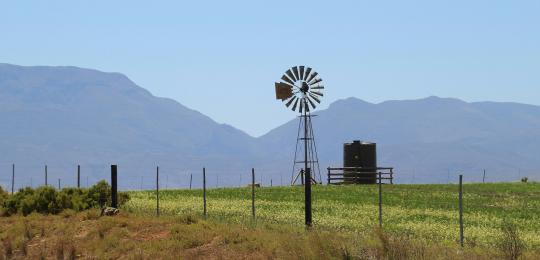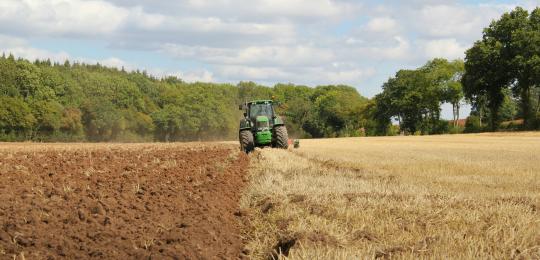Report
Image

This report is the result of an analysis of intergenerational social mobility in Mozambique using data collected from six administrative posts across four provinces (Maputo, Zambézia, Sofala, and Nampula) under the Vulnerable Lives Survey (VLS).
February 2025


